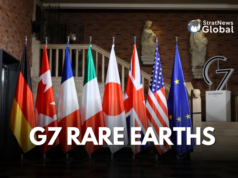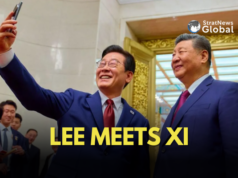As Israel’s incursion into southern Lebanon deepens, posts of the UN Interim Force in Lebanon (UNIFIL) manned by troops from Ghana, has suffered some damage. Given that the UN has not been able to bring the warring parties to the negotiating table, does it make sense to wind up UNIFIL?
Asoke Mukherjee, India’s former permanent representative at the UN, says that UNIFIL was deployed by the Security Council, and its only there that the decision to withdraw can be made.
“Increasingly,” says Ambassador Mukherjee, “the Security Council is seen as ineffective given that instead of investing in hard diplomacy to resolve a political crisis, the peacekeeping band-aid is resorted to.”
Lebanon, where the UNIFIL is based, has not requested the force to be withdrawn. Also, its mandate was renewed only in August for another year, so in all likelihood it will continue.
India has around 900 troops in UNIFIL but they are positioned further away from the fighting and are in no danger. But this does not lessen the concern of troop contributing countries.
Add to that an old grouse, the fact that they have no role in the framing of the mandate, which remains the sole preserve of the five Security Council members.
“If India can round up 129 members out of the 193 in the General Assembly to adopt a resolution proposing amendments to the UN Charter, it’s not difficult for professional diplomats to make this happen,” he said. “But you need clear vision and strong political will.”
There is also the delicate issue of the veto power enjoyed by the permanent members of the Security Council. Article 109 of the UN Charter allows a discussion on this to be raised, in particular, Article 27 which confers the veto powers.
Right now discussion on this is not happening given how polarised the world has become, he said.
Thirty eight years in journalism, widely travelled, history buff with a preference for Old Monk Rum. Current interest/focus spans China, Technology and Trade. Recent reads: Steven Colls Directorate S and Alexander Frater's Chasing the Monsoon. Netflix/Prime video junkie. Loves animal videos on Facebook. Reluctant tweeter.




